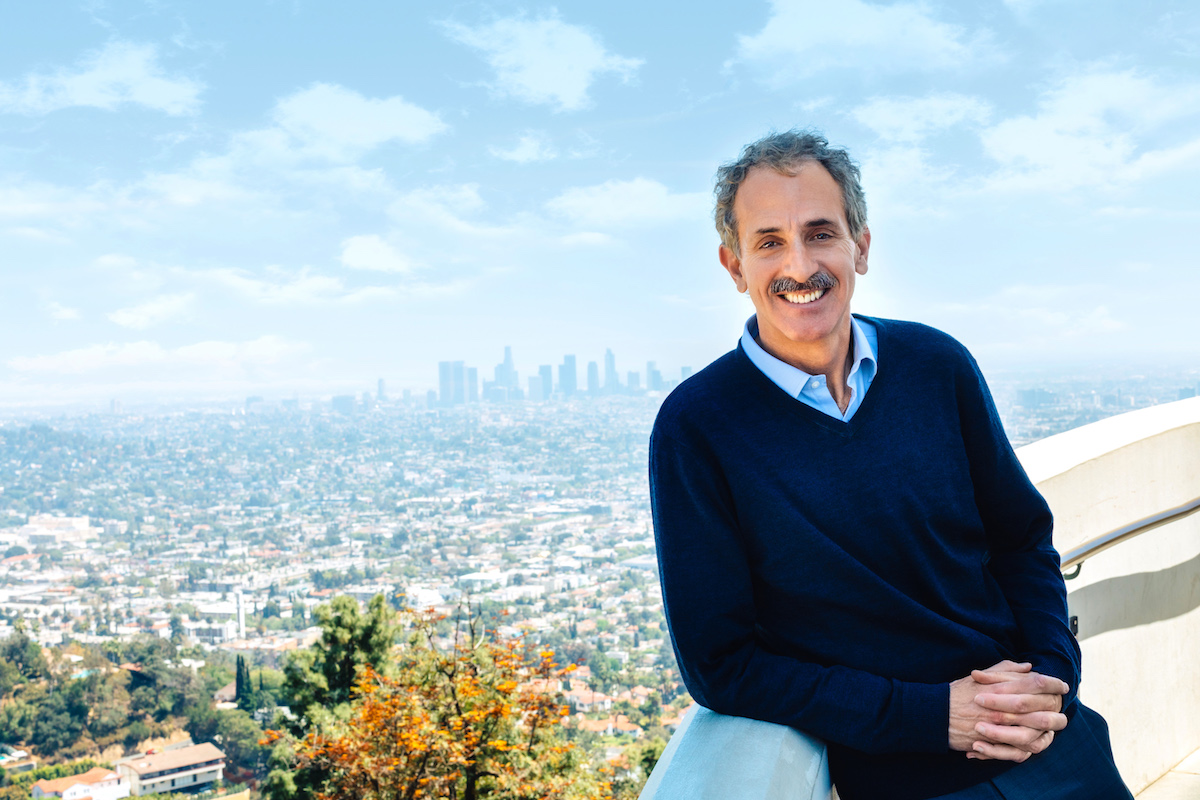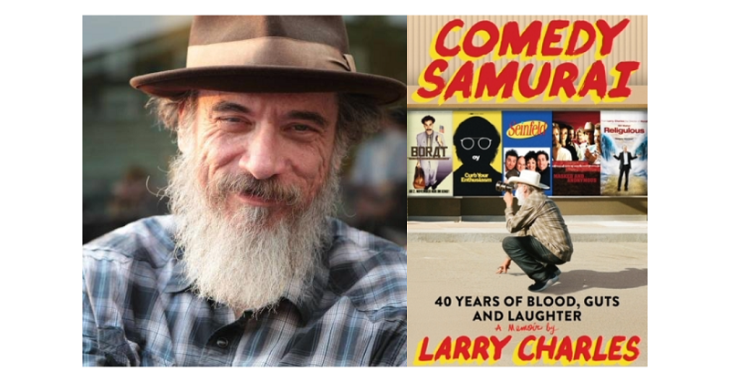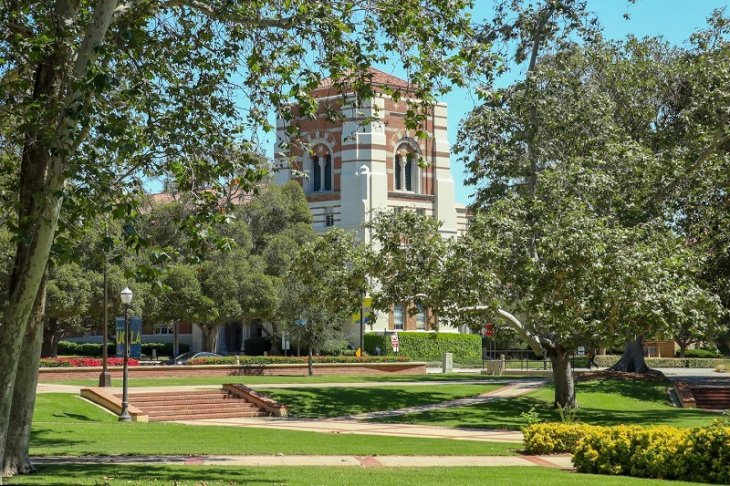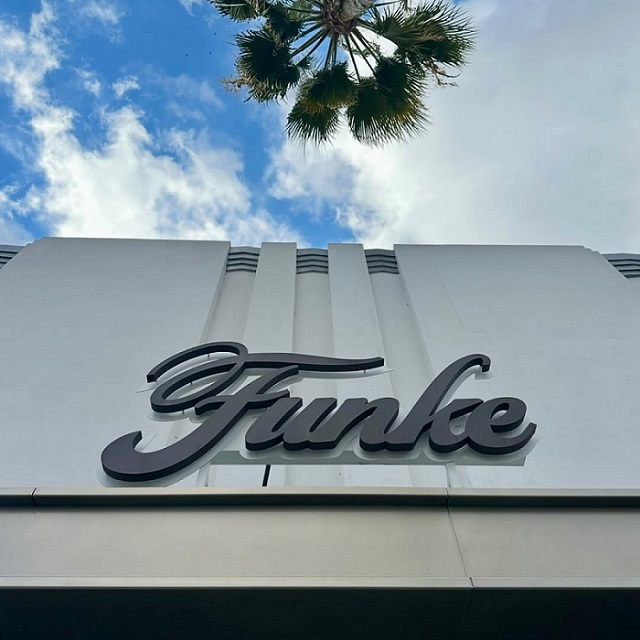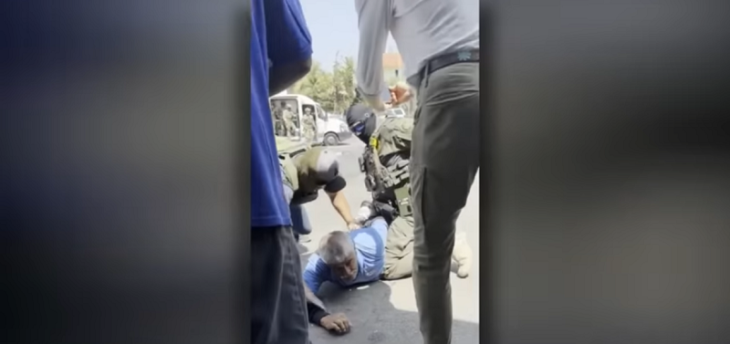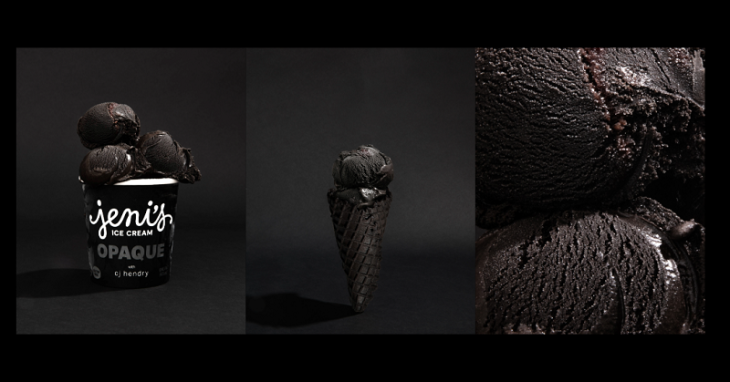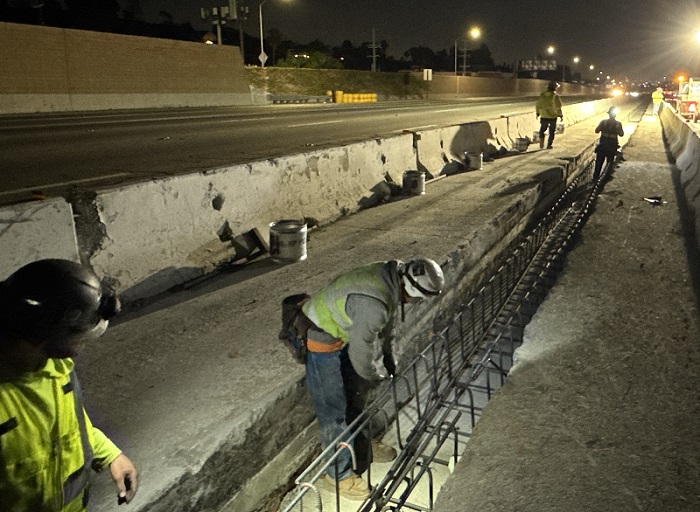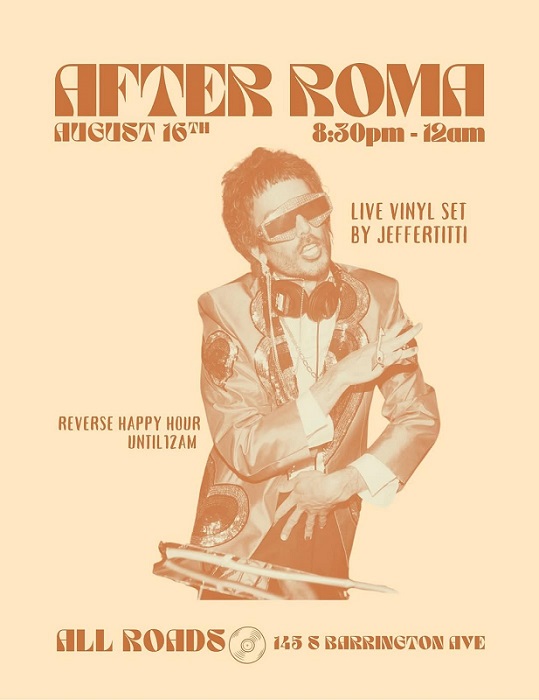City Attorney Committed to Visiting all 101 LA Neighborhoods by June 7th Primary
Column by Nick Antonicello
For City Attorney Mike Feuer, the essence of effective and persuasive leadership is experience.
For his long resume as a member of the California legislature, LA City Council and in his current position as City Attorney, he believes it is that record of success in solving complex issues that will allow him to hit the ground running on day one.
“People are unhappy. I will set the right priorities and change what is currently happening. We’re in a state of emergency and as mayor I will implement the executive powers necessary to get things done.’”
On the issue of homelessness, he believes a FEMA style approach is necessary to remove the encampments and bring clarity to our sidewalks and public spaces.
Feuer pointed to a homeless bureaucracy that is not working and that he wants to apply “clear and consistent rules” and consolidate his approach so that street engagement policies have real results.
Feuer pointed to private equity models that are at a far lower cost per bed and that a “choice date” be set so that those on the street are offered inside shelter and that perpetually living on the streets is no longer an option.
Feuer has spoken to homeless service providers and experts who refer to the current conditions on the streets as an “open air asylum” of sorts, and that the current delivery system just doesn’t work.
Feuer was agitated by the fact 1,300 beds dedicated for substance abuse go empty, and that when he becomes mayor he will appoint a homeless executive that will report directly to him.
Feuer was practical in his approach and agreed there was definitive correlation between homelessness, drug and alcohol abuse and rising crime.
“Low level retail theft occurs when those who need dollars to purchase drugs.”
“We need a FEMA like approach to this crisis now. My office has set up ‘pop-up’ clinics to provide the services the homeless need. There was a violent crime that resulted in a murder in my own neighborhood. I want to be the mayor that’s responsible for individuals and providing the services they need,”
“I will dimmish street homelessness because I am incredibly impatient with the current results.”
When the conversation turned to the effectiveness of LAHSA, the joint powers authority that governs homeless policy, Feuer demanded a greater role and accountability.
“What is the strategy? What are the expectations and outcomes? Experience, leadership and accountability needs to be the results.”
Regarding the relationship between service providers and LAHSA, Feuer once again pointed to greater outcomes and accountability within that private/public partnership.
The conversation then turned to Feuer’s proposal to expand the size of the current LA City Council from 15 to 30 members.
“We need intimate contact between legislator and constituent. Let’s cut the districts in half, the current composition is too distanced. These districts were not designed for populations of 250,000 residents. Plus our council will become more diversified and that’s a good thing too.”
When the conversation turned to public safety and the LAPD, Feuer was blunt.
“I was the first candidate to call for a force of 10,000 officers. I want the department to be diversified and I’ll put a strong preference on a college education for all officers. College educated officers make for a more productive and effective street presence. I will advocate for crisis response teams so that non-violent occurrences are diffused. I will seek the implementation of civilian ambassadors and will seek five-year stints for officers in a neighborhood so we can build relationships and trust.”
Feuer also pointed to the back log at the police academy as another challenge to getting more officers in uniform and on the streets of LA.
“That needs to change.”
Circling back to city finances, cost and expenditures, Feuer pointed out he is the only candidate for mayor that dealt directly with the budget process as former chair of the budget committee.
Feuer noted the city cannot rely on one-time budget fixes and described the process as complicated since he will need to see what the revenue side will look like when the budget is formulated come the summer of 2023.
Circling back to objectives, Feuer described Los Angeles as “filthy” and pointed to models where cleanliness leads to a reduction in crime and particularly, gun violence.
When asked if he would consider the sale of the Department of Water & Power (DWP), he said he does not support privatization of the public utility, especially in lieu of climate change challenges.
“I will closely scrutinize DWP, but not privatize that asset.”
“I am open to new and different ideas on how to best govern moving forward, especially in the area of neighborhood councils.”
Feuer pointed out that he created neighborhood councils in his district before city charter reform.
“I support a robust neighborhood council system. We need a diverse city of stakeholders. I want to expand the role of neighborhood councils in an appropriate fashion.”
Coming back to city cleanliness, Feuer called for 1,000 new sanitation workers that would deploy one million hours of dedicated cleaning, street sweeping and power washing.
In a swipe at developer/candidate Rick Caruso, Feuer claims he “copied his idea” on the sanitation question and that those who lack public service experience have in many ways failed pointing to the gubernatorial defeats of Al Checchi the Democrat and Meg Whitman, a Republican.
“I don’t subscribe to this air brush approach to serious governance.”
When asked about the recall effort of LA County DA George Gascon, Feuer said he fundamentally disagreed with many of his decisions, especially the decision not to prosecute of low level offenses, but would leave the recall to the voters to decide.
Feuer summarized his 30 years of public service and his commitment to grass roots governance with an approach that begins with constituent engagement from the bottom-up.
“Experience matters in a crisis. LA is in crisis and I have that resume to make a true difference.”
Nick Antonicello is an editorial page contributor and is covering several of the LA municipal races and how they impact Venice and the Westside. A member of the Outreach and Oceanfront Committees of the Venice Neighborhood Council, he can be reached at (310) 621-3775 or via e-mail at nantoni@mindspring.com

